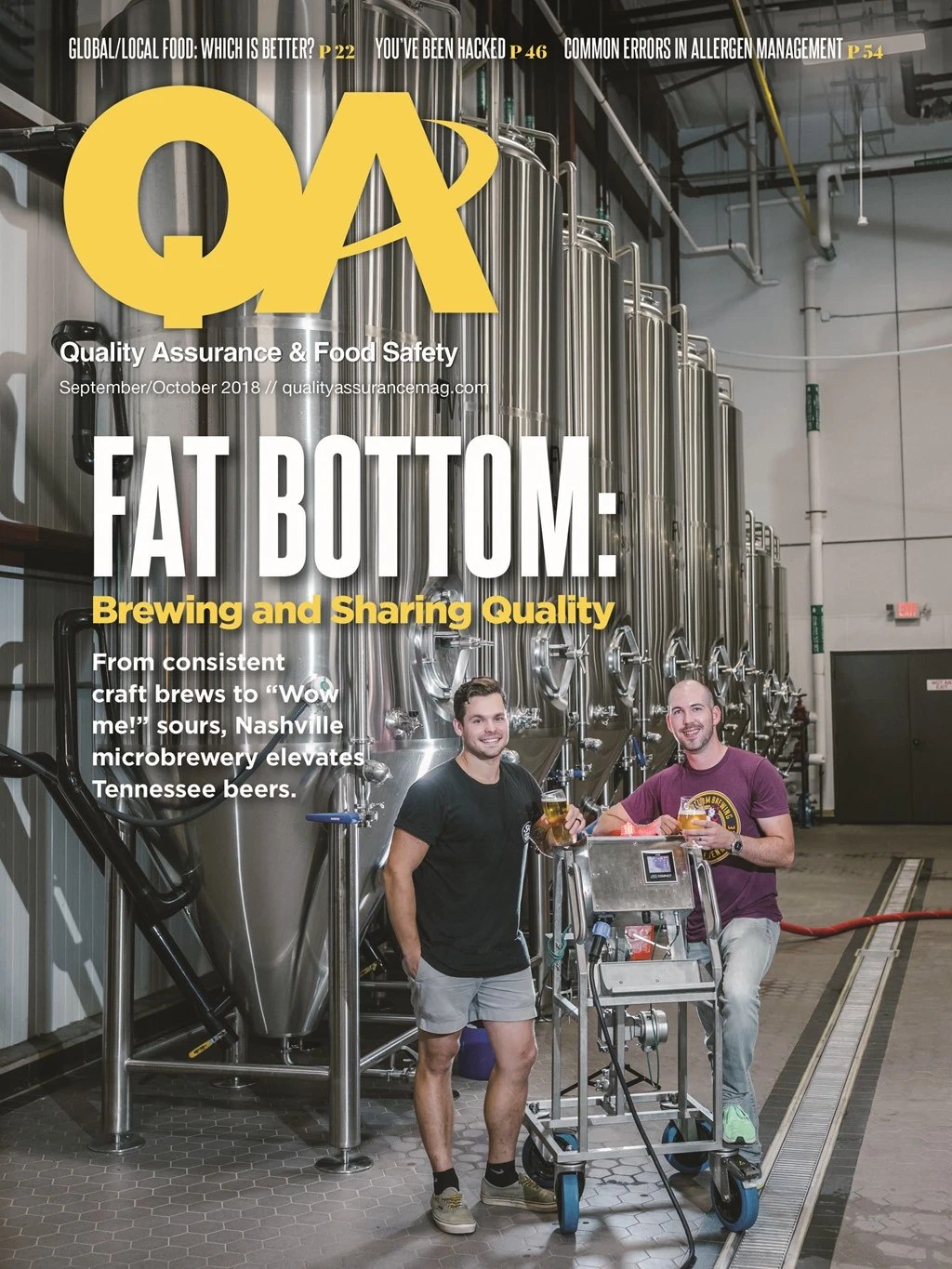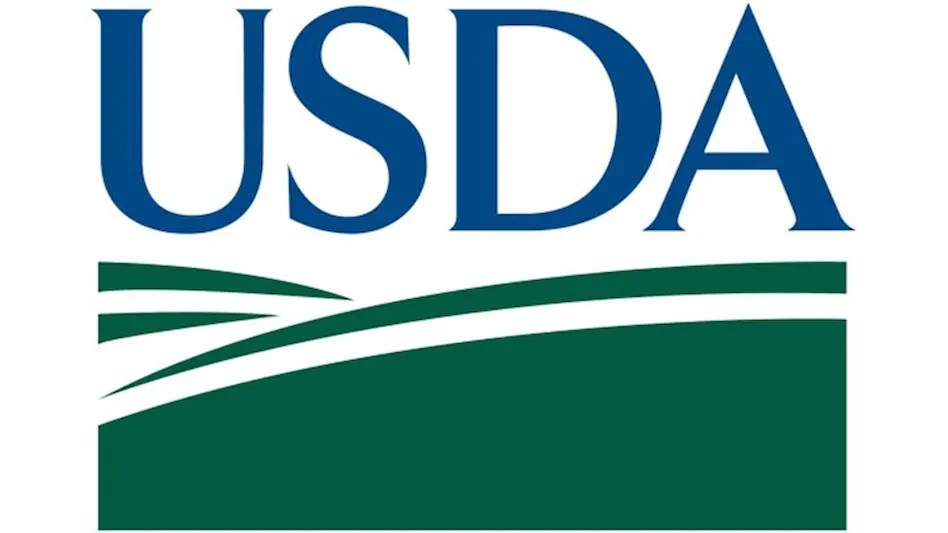

I have been working in the food manufacturing industry now for nearly 30 years. When I was first introduced to this world, it seemed to me that food manufacturers were focused on what was happening between their four walls; their priority was getting the product out the door to feed their customers. But since then, I have noticed significant changes.
The more notable changes are due to the implementation of the Food Safety Modernization Act (FSMA) signed into law on January 4, 2011, by President Obama. It is the most significant expansion of food safety requirements and FDA authorities since the original enactment of the Food, Drug & Cosmetic Act in 1938.
A key component of the Act is the Preventive Controls for Human Food (PCHF) rule, published September 17, 2015. This rule added mandatory employee training; made some voluntary practices mandatory; and required allergen cross-contact controls. It is the allergen requirements that I want to highlight and provide a review of some important practices for successful compliance.
I have a strong personal and business interest in allergen controls. My son, Gavin, has a nut allergy. For the November/December 2014 issue of QA, I wrote an article on my experience with his anaphylactic reaction after eating cashews (Allergen Control: Personal Experience Provides Industry Lessons. Secondly, as a leader in the food manufacturing sector, I take responsibility for leading my plants to protect the many customers consuming our products who might have sensitivities or allergies to an ingredient or multiple ingredients. Knowing that an allergic individual can have an anaphylactic reaction that can be potentially fatal, we, as food manufacturers, must do our part to protect those individuals.
Additionally, the entire food-sector supply chain — ingredient suppliers, food manufacturers, packaging vendors, haulers, and other stakeholders — must operate with extreme diligence and awareness to fully understand how important it is to have vigilant allergen controls throughout the chain to protect the precious consumer.
Today, food manufacturers cannot be concerned only with allergen-control activity occurring within their own four walls; they must be knowledgeable of what comes into the building through ingredient receiving and have in-depth knowledge of their suppliers’ allergen programs and their suppliers’ suppliers’ programs.
There is no room for error here. The number one reason for labeled-food recalls are undeclared allergens. If you, as a food manufacturer, have exemplary allergen programs (receiving, storage, labeling, scheduling, cleaning) within your facility, your next focus area is on your suppliers. You must investigate thoroughly the allergen programs of your suppliers and their suppliers to verify they all have superb allergen programs in place to avoid a potential allergen control breakdown within your facility and eliminate any possibility of harm on the market.
Following are few key actions to help drive allergen program success beyond your four walls:
- Assure R&D is diligent and aware of ingredient allergen content when developing products.
- Perform supplier site visits to verify that their allergen procedures and practices are effective.
- Ensure that your suppliers have full knowledge of their suppliers’ allergen practices.
- Confirm your transfer of allergen information is accurate from supplier to R&D to manufacturing and to the package.
- Test when necessary. (Periodic confirmation of allergen-free residue can be beneficial.)
If every food manufacturer puts forth an extreme effort to control allergens from the root source of the material all the way through to the package and the customer, then, with proper finished-goods labeling, we as food manufacturers, can minimize food-sensitivity reactions of all our customers and keep our loved ones safely nourished and healthy.

Explore the October 2018 Issue
Check out more from this issue and find your next story to read.
Latest from Quality Assurance & Food Safety
- Bird Flu: What FSQA Professionals Need to Know
- Registration Open for 129th AFDO Annual Educational Conference
- Frank Yiannas, Aquatiq Partner to Expand Global Reach of Food Safety Culture
- World Food Safety Day 2025 Theme: Science in Action
- Ancera Launches Poultry Analytics System
- USDA Terminates Two Longstanding Food Safety Advisory Committees
- Catalyst Food Leaders Announces Virtual Leadership Summit for People in Food
- Food Safety Latam Summit 2025 Set for Mexico City





